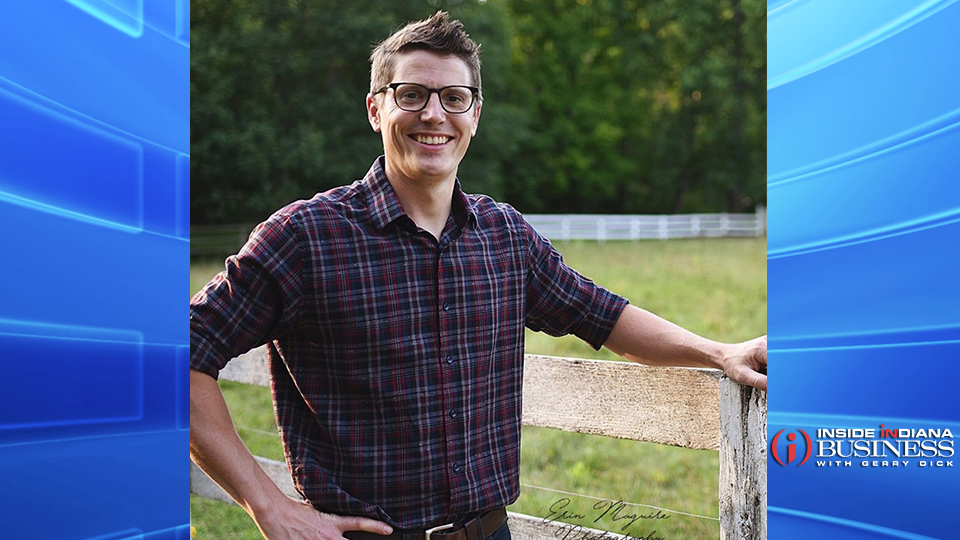Worried about organic food fraud? Be transparent, shop local
Subscriber Benefit
As a subscriber you can listen to articles at work, in the car, or while you work out. Subscribe Now
You better think twice when you grab that “certified organic” fruit or vegetable from the produce aisle. Despite the sticker, especially if it comes from overseas, there’s no guarantee that it’s actually organic because of a lack of oversight at each step of the complex global supply chain—planting, growing, transporting, importing, processing etc.
The U.S. Department of Agriculture seems to have admitted as much with its new rule to strengthen oversight and production announced last week. Regulators and honest organic farmers know that, for far too long, it’s been far too easy for weak links in the global supply chain to not strictly adhere to the rules governing the USDA organic seal. Being able to proclaim that your farm is “certified organic” should mean something important to anyone reading it, with the full backing of the government. To be clear, the vast majority of organic farmers do things the right way.
But, it’s also not difficult to understand why others have exploited existing regulations and hope they don’t get caught. Sales of organic products broke a record in 2021 with more than $63 billion according to the Organic Trade Association. Recent fraud prosecutions show criminals can reap tens of millions of dollars in just a few months—taking away vital revenue from legitimate organic farmers as well as lessening the trust that consumers have in labels.
To address this concern, the USDA is adding more rules. While I applaud their efforts and wholeheartedly agree that consumers must be able to trust organic labels, there’s a better way. If there is sufficient financial incentive—for example, $63 billion on the line—there will always be disreputable people trying to cheat the system.
Plus, there’s a piece of the organic labeling system that is unknown to almost all outsiders. Becoming certified organic is very costly—especially for small farms. Not only is there an initial application fee which is hundreds of dollars, there is the expense for an annual inspection and certification which is billed hourly and includes travel expenses for the inspector. Becoming certified organic brings undeniable benefits. But it’s a price that too many farmers cannot justify as a small business owner.
Regulation is a very poor substitute for transparency. People don’t trust rules. People trust people. The local supply chain is a powerful solution to the problems presented by the global supply chain. When there is no connection between the food producer and the food consumer, it is far easier to justify shortcuts and sidestep the rules so that you can gobble up the profits.
I started Market Wagon as an online farmers market to help farmers and food producers thrive by easily connecting them to their local community. The eCommerce platform allows customers to directly communicate and ask questions to every farmer and artisan on Market Wagon. That transparency inspires confidence for everyone.
When farmers are connected to their local customers, they care more deeply. Ask any of them. Their reputation and livelihood depend on it. So, don’t rely on a person with a badge and a clipboard to make sure your “USDA Organic” sticker is worthy of your confidence and worth the price. Instead, meet your local farmer—the person with the seed and the land. Know their name. Find out which methods they use to grow their fruits and vegetables. When you do, I promise you’ll be far more confident in your choice than what a sticky piece of plastic can provide.
Nick Carter is co-founder and CEO of Market Wagon, an online marketplace that connects food consumers directly with local farmers and artisans.
